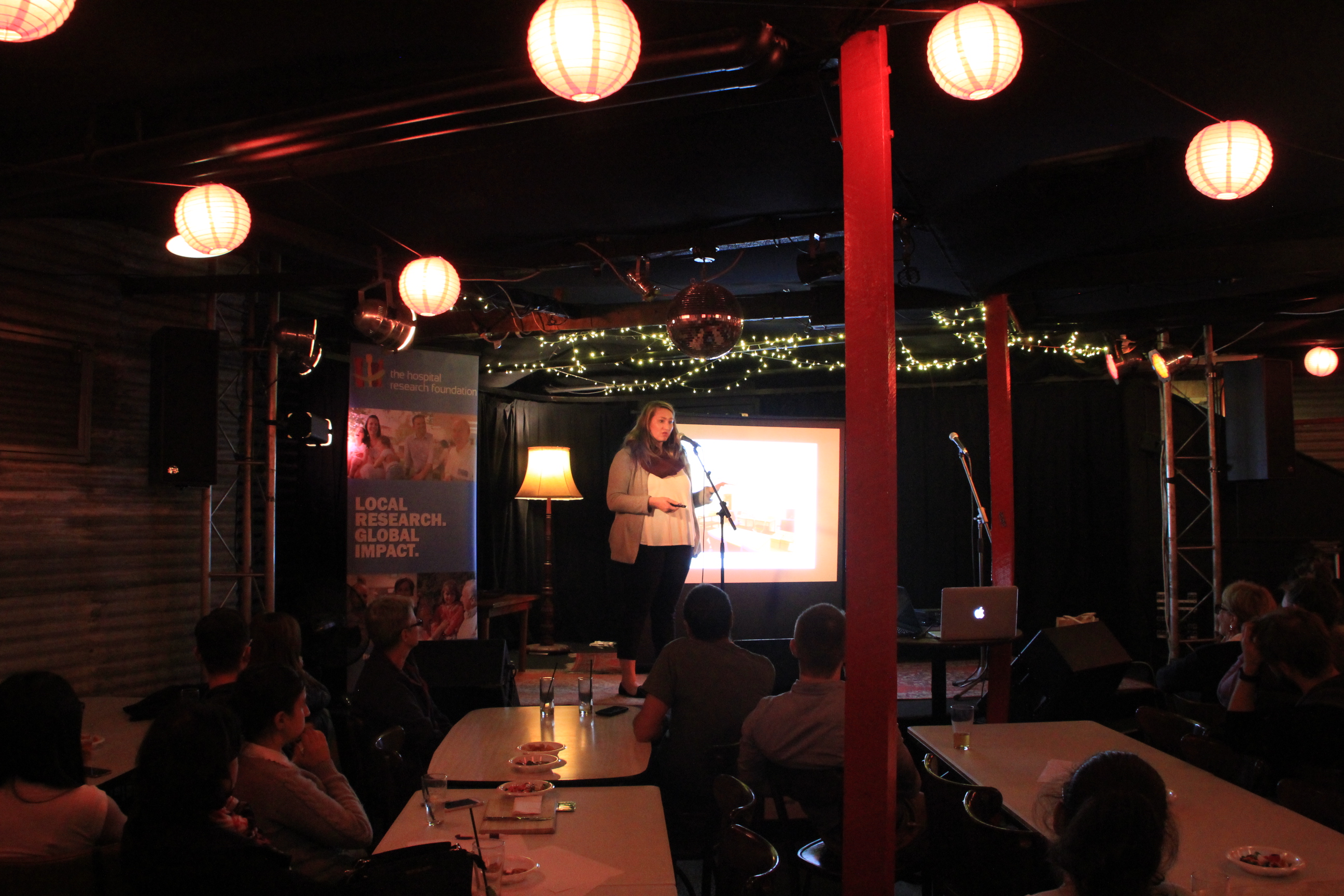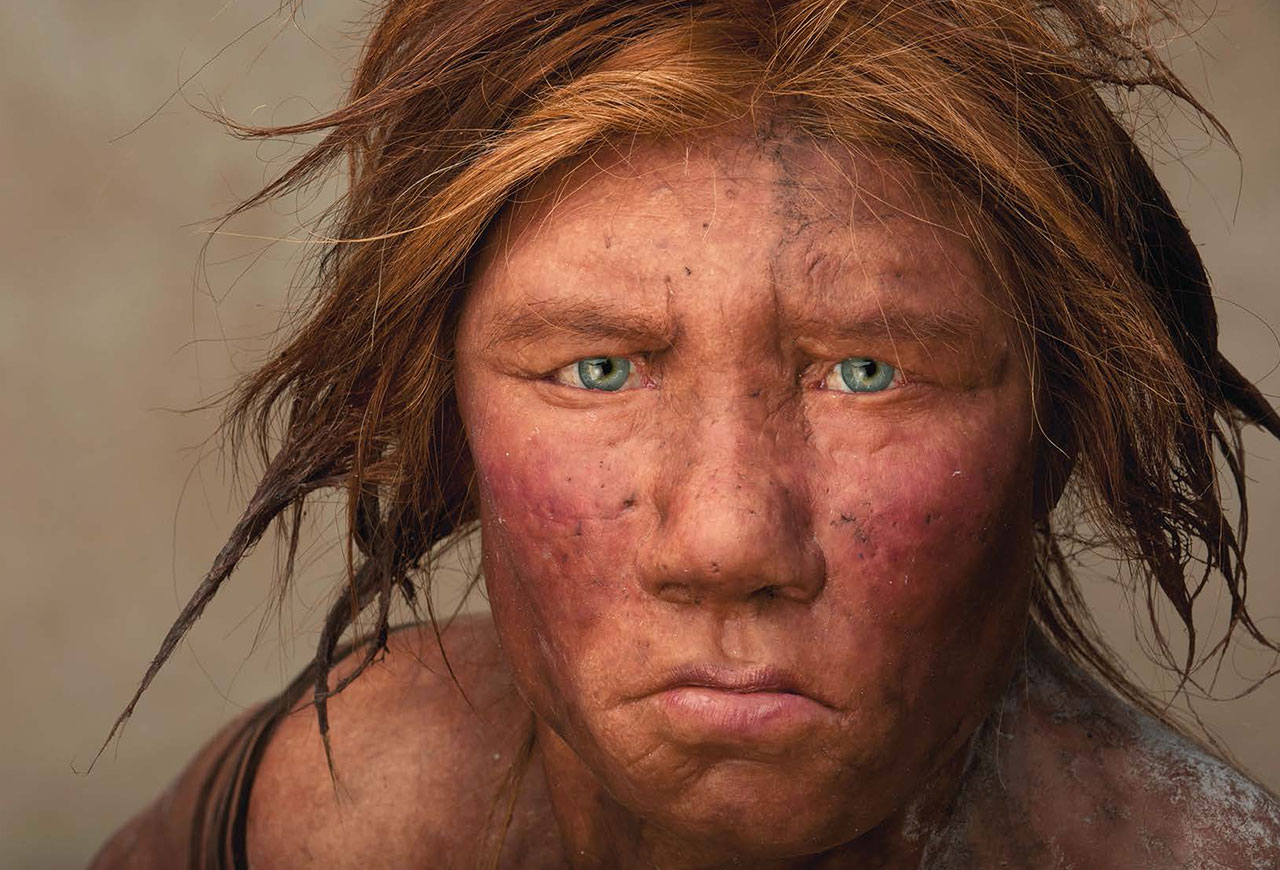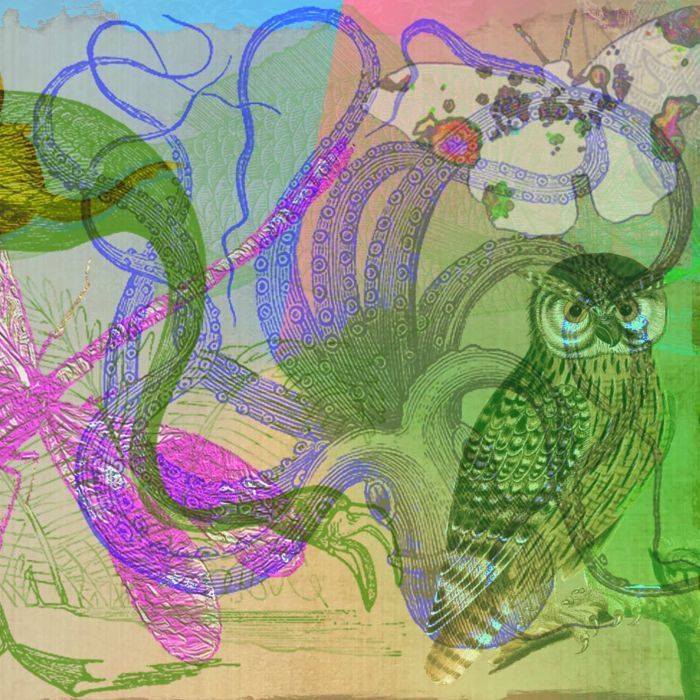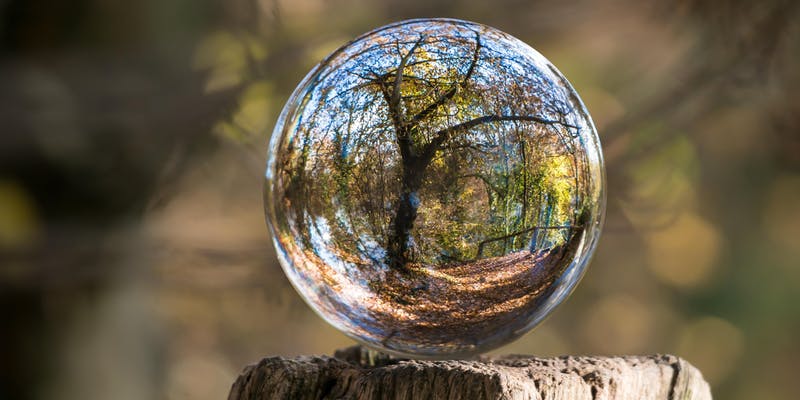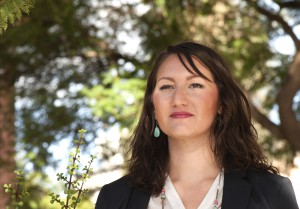Dr Laura Weyrich writes for us about speaking at Pint of Science, last month.
Speaking to the public about science has to be the best part of my job as a research scientist. I’ve said that over and over again, and I genuinely mean it. Sure, a bunch of scientist can get together and discuss the facts, but presenting my research to people who are unaware of my work always seems to drum up more ideas, and certainly get me thinking in a new, exciting ways.
When I was asked to present at Adelaide’s Science in the Pub last week, I was beyond flattered. I have gone to these events each year, sitting in the audience, drinking a pint, and learning about world leading scientific research that’s going on right here in Adelaide. I’m consistently marveled at how many field-leading researchers we have within arms reach in Adelaide’s three Universities, and was humbled when I was selected to speak. Similar to past years, I wanted to reach the audience in a fun, lighthearted way. There are times for scientific talks, and there are times for talking about science in a fun, yet engaging way, over a pint of beer. This was my aim.
I work at the Australian Centre for Ancient DNA at the University of Adelaide, and I have the privilege of reconstructing ancient bacterial communities that lived within our ancestors. That’s right, I look at the bacteria in dead people.
This information from dental plaque is an absolute gold mine of information about the past. We recently published a paper in Nature (one of the world’s leading research journals) on the bacterial communities, other wise known as the microbiota, in Neandertals. During my talk, I discussed how we got that project off the ground, the results we found, and even showed a few pictures of Neandertals dressed in modern day suits.
It wasn’t all fun and games though. By sequencing ancient DNA preserved with dental plaque or tartar, I explained how we use this information to explore the diseases, health, diets, and behaviors of ancient people, and connect the events in our history with issue in modern society. For example, we have identified when the bacteria in the mouth started causing periodontal disease (about 7,500 years ago in Europe), which is now linked to heart disease, colon cancer, arthritis, and preterm birth. Our research now attempts to turn back time, and perhaps create new ways to target the bacteria linked with disease.
read more about Dr Weyrich’s work in the Conversation
Photo credit to Katharina Richter, Pint of Science

